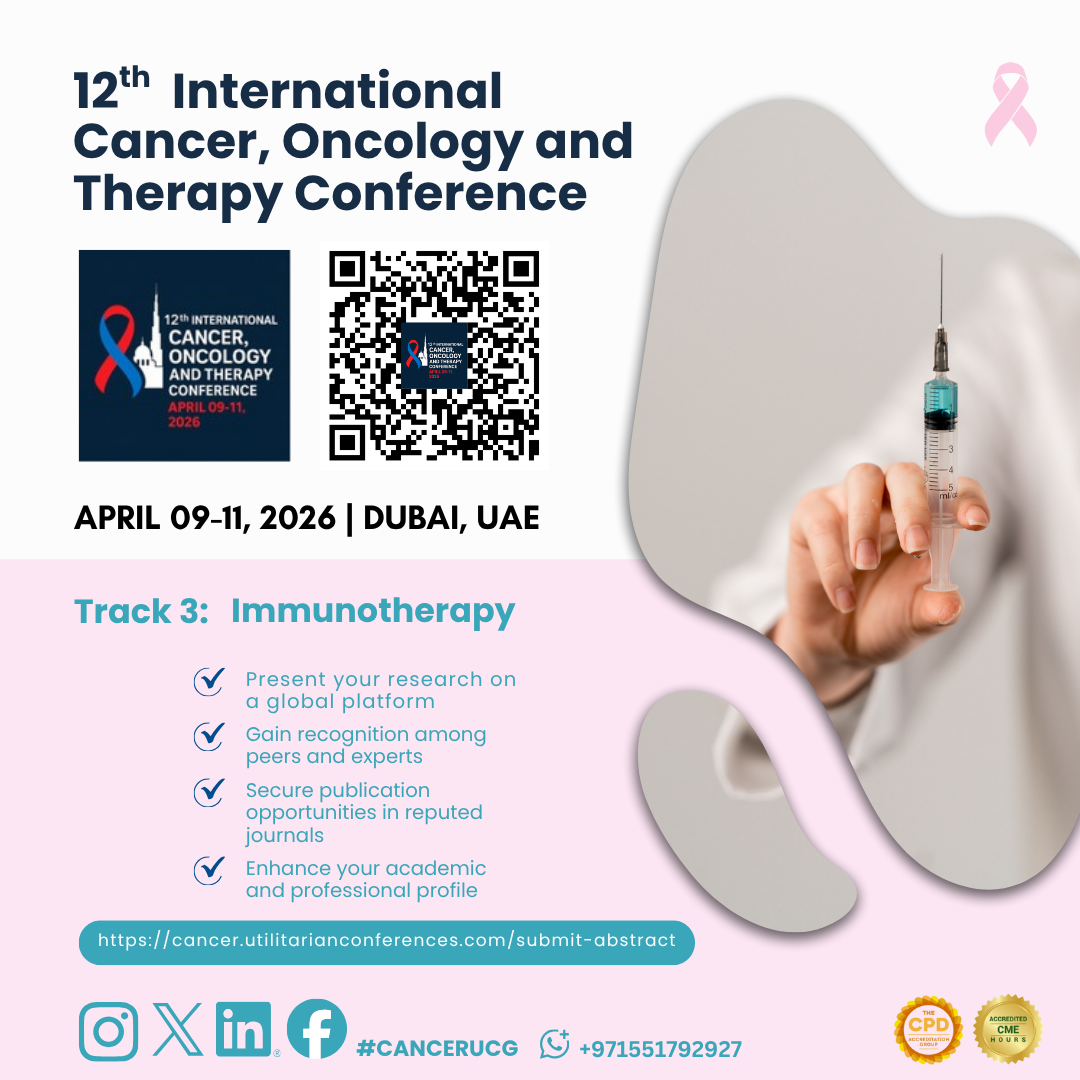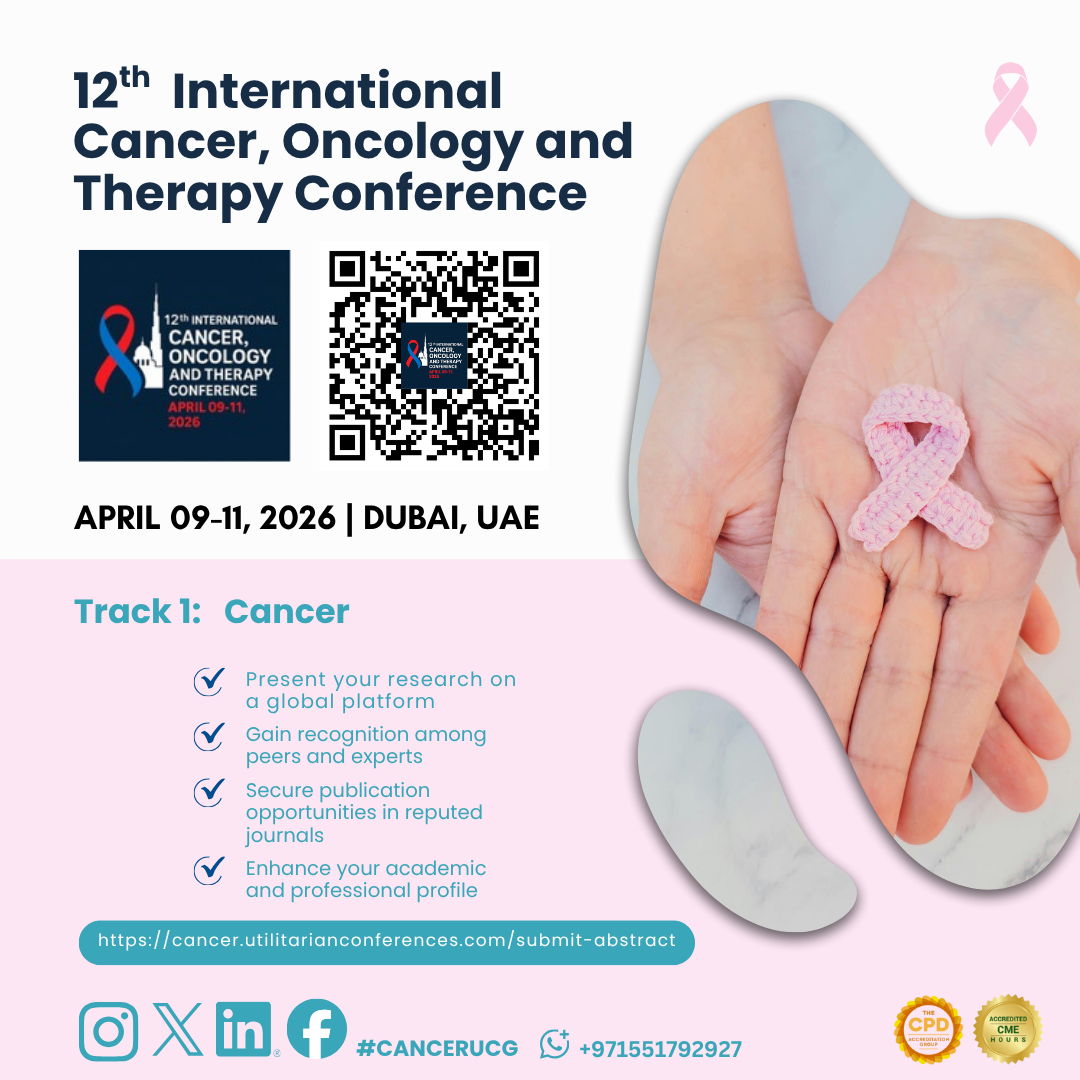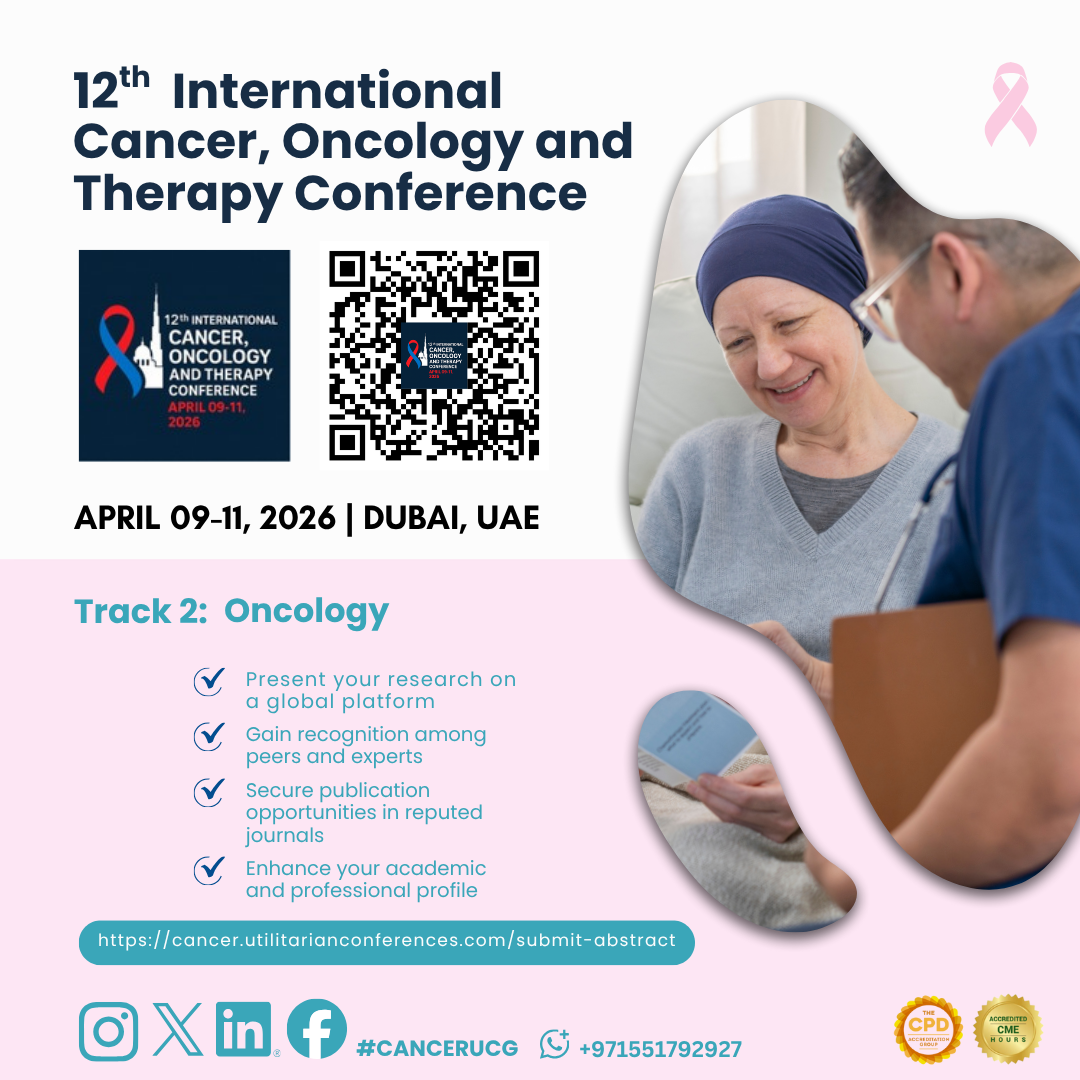



Sub Topics: Cancer, Types of Cancer, Causes of Cancer, Symptoms of Cancer,...

What is Oncology
Definition of Oncology
Understanding oncology as the...

Sub Tracks:
What is immunotherapy ?
Immunotherapy is a type of medical treatment that
harnesses the body’s immune system to fight diseases, particularly cancer.
Unlike conventional treatments like chemotherapy or radiation, which target
cancer cells directly, immunotherapy works by enhancing the immune system’s
ability to recognize and destroy harmful cells.
Key Features:
· Focus on
the Immune System: It activates or modifies immune responses rather than
targeting the disease directly.
· Precision: Often
more targeted, potentially leading to fewer side effects than traditional treatments.
·
Adaptability: May provide long-term protection by "teaching"
the immune system to remember and attack specific targets.
Applications:
· Cancer:
The most common use, targeting tumors or metastatic cancer cells.
· Autoimmune
Disorders: Modifying the immune response to reduce overactivity.
· Infectious
Diseases: Boosting immunity to fight chronic infections.
· Allergies
and Asthma: Modulating immune responses to allergens.
Types of Immunotherapy:
1.
Checkpoint
Inhibitors: Block proteins that prevent immune cells from
attacking cancer.
2.
CAR-T Cell Therapy: Modifies
T cells to better identify and kill cancer cells.
3.
Monoclonal
Antibodies: Lab-made molecules that bind to specific targets
on cells.
4.
Cancer Vaccines: Stimulate
an immune response against cancer-specific antigens.
5.
Cytokine Therapy: Uses
proteins like interleukins or interferons to boost immune activity.
6.
Oncolytic Virus
Therapy: Engineered viruses that infect and destroy
cancer cells.
7.
Adoptive T Cell
Therapy: Uses patient-derived T cells, enhanced and
reintroduced into the body.